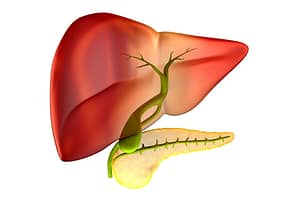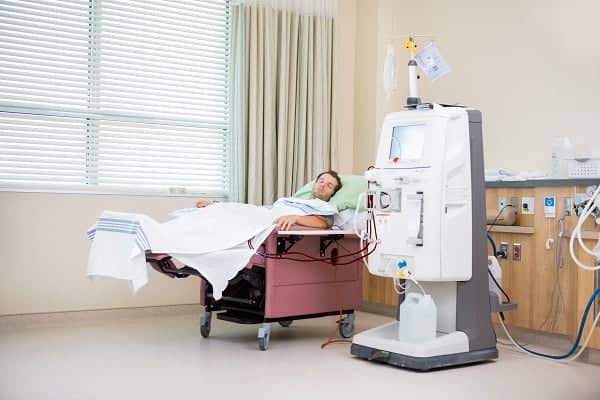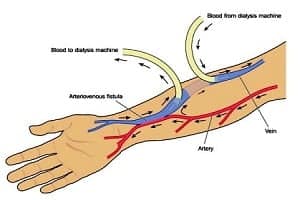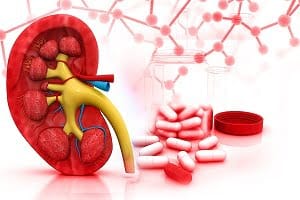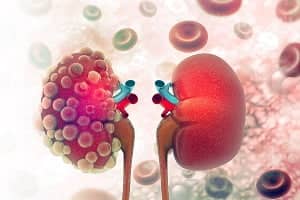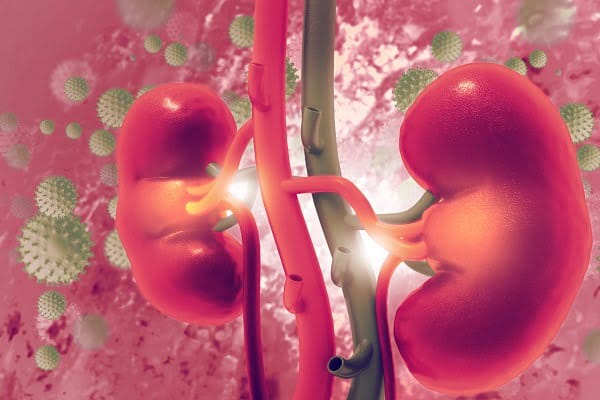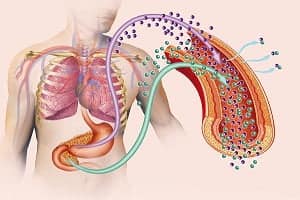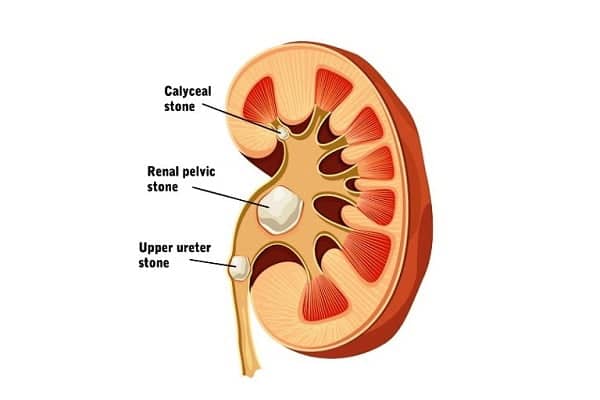Browsing: Kidney Health

The page provides quick access to a list of common kidney and urinary system diseases, syndromes, health conditions, and other topics of health importance related to urological and urinary systems. The list is organized alphabetically. Links are provided to respective diseases sections that serve as a comprehensive and ultimate guide about the disease or health condition.
Lifestyle changes have created a huge impact on our excretory system. The incidence of excretory diseases such as kidney stones, hemorrhoids, prostate cancer, and urinary tract infection has increased widely. These diseases put high risk on other organs of the body and can even be life-threatening, in extreme cases. If any part of the excretory system is affected, it results in improper filtration of blood, difficulty to pass urine and inflammation of the urinary tract.
Major urological diseases occur as a result of gastro-intestinal problems such as irritable bowel syndrome or digestion issues. Common lifestyle diseases that are prevalent throughout the world are diabetes and hypertension, which can cause kidney disorders. Researchers indicate hereditary significance as a major cause of kidney and urological disease development.
The most common kidney and urological diseases which are prevalent in men and women include urinary tract infections, kidney stones, bladder control problems, prostate problems, acute kidney injury, kidney cysts and hemorrhoids. It is essential to maintain a healthy diet and consult a doctor if case of any kidney trouble.
Kidney Stone Pain: How Does It Feel When You Have a Kidney Stone?
Kidney stones vary in size. Some are very small and others are as large as a few inches big. Some kidney stones may not produce symptoms such as pain. These are known as silent stones. But people who have kidney stones generally experience sudden onset of excruciating, cramping pain.
Learn About Dialysis Side Effects and Risks Before Going For It
Dialysis often causes a variety of health problems. While dialysis can prolong the life for many people, but life expectancy is still lesser in such people than the general population. Dialysis is a treatment that is generally given in case of chronic kidney disease and kidney failure to purify the blood.
We do have two kidneys, each about the size of a fist. These are located on either side of the spine. The function of kidneys is to purify the blood by removing waste and excess fluid from the body. If the function of kidneys is disturbed, dialysis is used to perform their function.
What are Kidneys?
Our kidneys are a pair of bean-shaped organs located on either sides of the body, below the ribs and behind the abdomen. Each kidney is about 4 to 5 inches long, about the size of a large fist. The kidneys’ work is to filter the blood. They remove wastes, keep the body’s fluid balance, and maintain the levels of electrolytes.
Signs and Symptoms of Chronic Kidney Disease (CKD)
Chronic Kidney Disease (CKD) is sometimes referred to as a
Chronic kidney disease, also known as chronic kidney failure, is the gradual loss of your kidney function. Your kidneys filter waste matter and excess fluids from the blood, which are then passed out in the urine. If you have chronic kidney disease, the levels of fluids, electrolytes and waste matters add up in your body.
Kidney diseases generally cannot be cured with medication. The objective of treatment is to address the fundamental cause for the sickness and prevent the condition from worsening. Patients with high blood pressure should regularly take blood pressure medications and strict to a healthy diet and exercise schedule.
What Are the Causes and Risk Factors for Chronic Kidney Disease?
High blood pressure can damage the blood vessels of your kidneys. Autoimmune diseases such as lupus have the potential to damage the blood vessels and can lead to the damage of kidneys. There are various other causes of CKD such as polycystic kidney disease, glomerulonephritis, streptococcal infection etc.
Common Questions Answered About Kidney Stones – Interview With Doctors
Kidney stones develop in your kidneys. As stones move into the ureters that allow urine to pass from your kidneys to the bladder, you may notice signs and symptoms. Interview with Doctors.
Kidney stones are of different sizes. They range from small-sized crystals (small kidney stones) to large-sized stones (large kidney stones) such as the size of a golf ball. Variations in sizes of kidney stones can influence their removal and treatment. Kidney stones of less than 5mm are considered to be small.


